If you want to stay healthy, you need to take care of all of your organs. While the heart, lungs, and brain get all the attention, your liver is quietly doing a lot of the heavy lifting to keep your body running smoothly. Because the liver is such a vital organ, it helps to take care of it by eating the best foods and helping your liver work more efficiently.
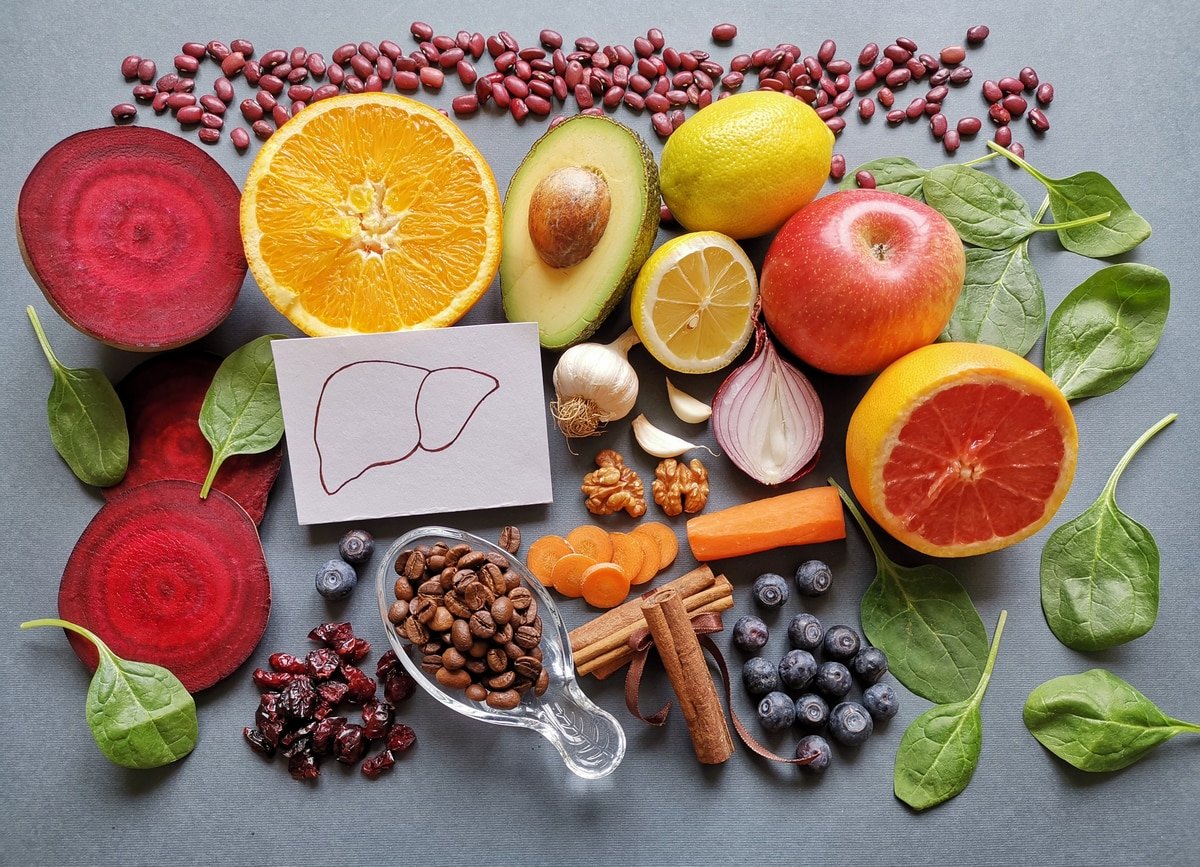
Liver cleanses are a popular trend that aims to make the liver healthier and more productive. But do these programs work? And if so, how can you cleanse your liver naturally? Let's take a deep dive into this process and the foods that can make it possible.
Table of Contents
A Primer on the Liver
The liver is a relatively large organ (on average about three pounds) that sits on the right side of the stomach. As you digest food, it passes through the liver, where the organ cleans your blood and removes toxins and other harmful elements. As your liver detoxifies your blood, it creates bile, which goes back into your digestive system.
The other primary function of the liver is to create proteins that your body uses for a wide array of natural processes and functions. Without these proteins, your blood wouldn't clot correctly, and you wouldn't be able to metabolize your food as efficiently. Overall, while your stomach breaks down the food you eat, your liver ensures that you can extract the various nutrients from it safely and effectively.
What is Liver Cleansing?
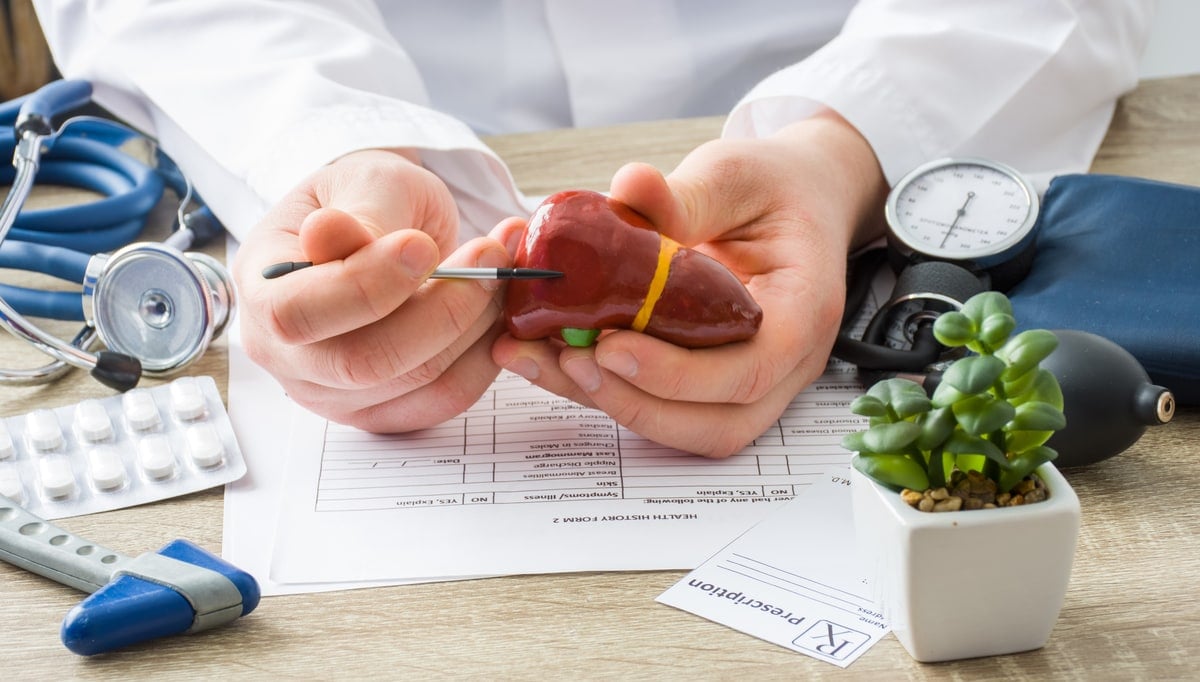
A liver cleanse is almost a redundant term because the primary job of the liver is to clean your blood. However, the goal of a liver detox program is to help the organ work as efficiently as possible. Unfortunately, modern diets put a lot of pressure and strain on the liver with an abundance of salt, fat, carbs, and various chemicals. If you drink regularly, your liver has to process and remove all the alcohol, which can lead to long-term damage if you ingest too much at once.
While the idea of a liver cleanse makes a lot of sense, the results are relatively sporadic. The primary issue with these programs is that the liver is already pretty efficient at removing toxins, so anything you do won't make it work better. For example, if you already have liver damage, a cleanse won't help or repair the organ.
One great way to think of a liver detox is like putting high-quality gasoline into your car. Your car can burn high and low-quality gas, but the lower the quality, the more deposits left behind, which will accumulate over time and lead to inefficient fuel consumption. If your fuel system gets damaged, you can't really fix it by pouring better gas into it. Overall, using high-quality gas ensures that your vehicle runs smoothly, but it won't correct any existing problems.
Why Do a Liver Detox Cleanse?
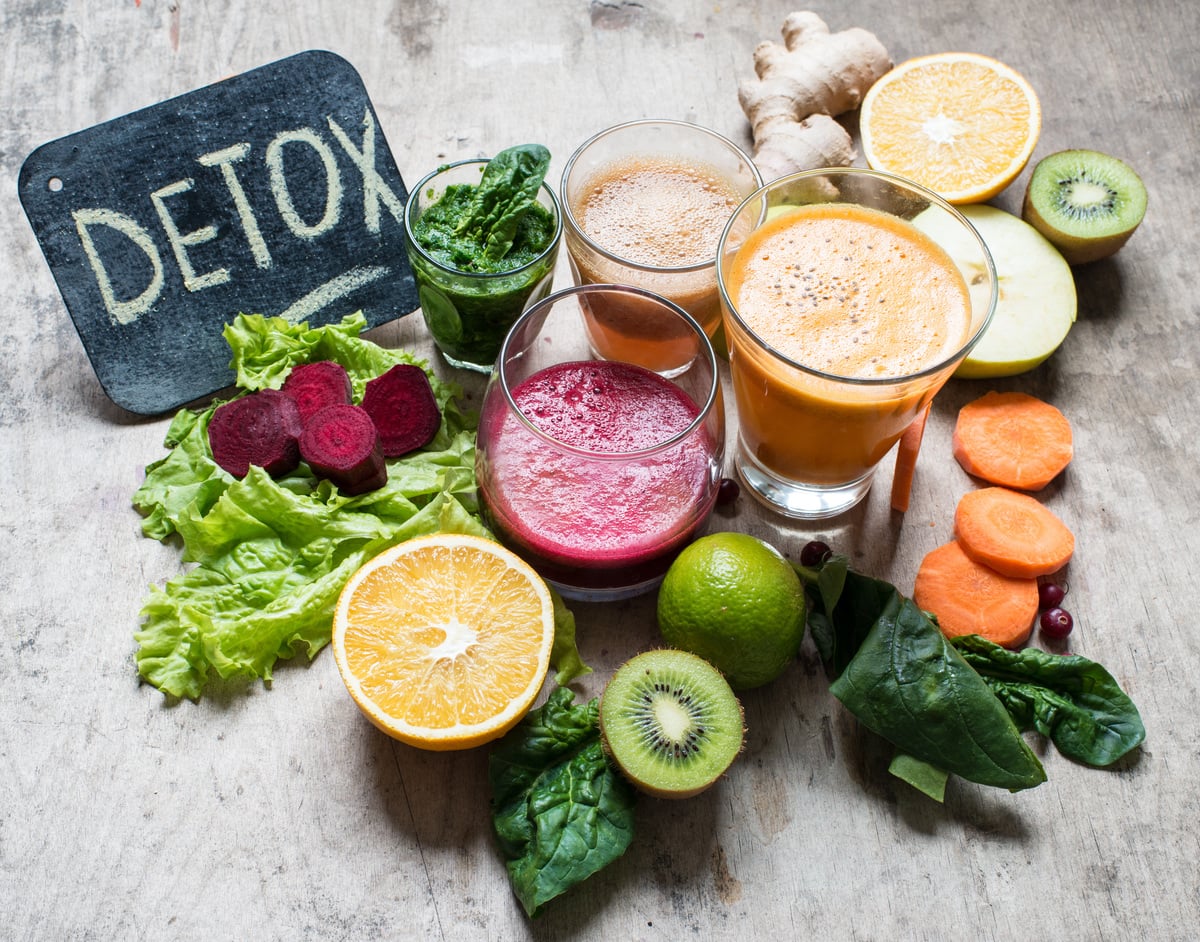
Although there are a lot of bold claims out there about what a liver cleanse can do, most of them are pretty much overblown. Here are the top benefits you may see with liver detox products and recipes, adjusted to provide more reasonable expectations.
- Weight Loss - A juice cleanse or detox diet can help you shed a few pounds quickly, but it's super easy to gain that weight back once you go off the program. Obesity can lead to significant liver damage because there is so much fat stored in the organ that it doesn't work properly. So, losing weight can help the liver heal and regenerate. If a liver detox spurs you to eat healthier overall, you could see some long-term improvement.
- Prevent Liver Damage - Some ingredients like turmeric and milk thistle (more on those later) have been shown to reduce liver inflammation and injury, the results are mixed. If you try a liver cleanse after a hard night of drinking, for example, you won't do too much to mitigate potential damage. Overall, a liver cleanse can help "reset" your liver for a more efficient operation, but what matters is your diet after the cleanse.
- Undo Liver Damage - Fortunately, your liver can rebound from years of abuse relatively easily. For example, if you used to drink a lot and then stopped, the organ can return to its original, healthy state. That said, any permanent liver damage can't be undone by a simple cleanse program. Remember, you can't fix your car's fuel system with high-quality gas, especially if you go back to low-grade gasoline afterward.
Even though the claims of a liver cleanse are often exaggerated, there are some tangible benefits of following one of these programs. However, if you only do it for a couple of days, don't expect long-lasting results. Your liver is always working and detoxifying your blood, so once you start eating regular food again, you can undo any benefits of a cleanse immediately.
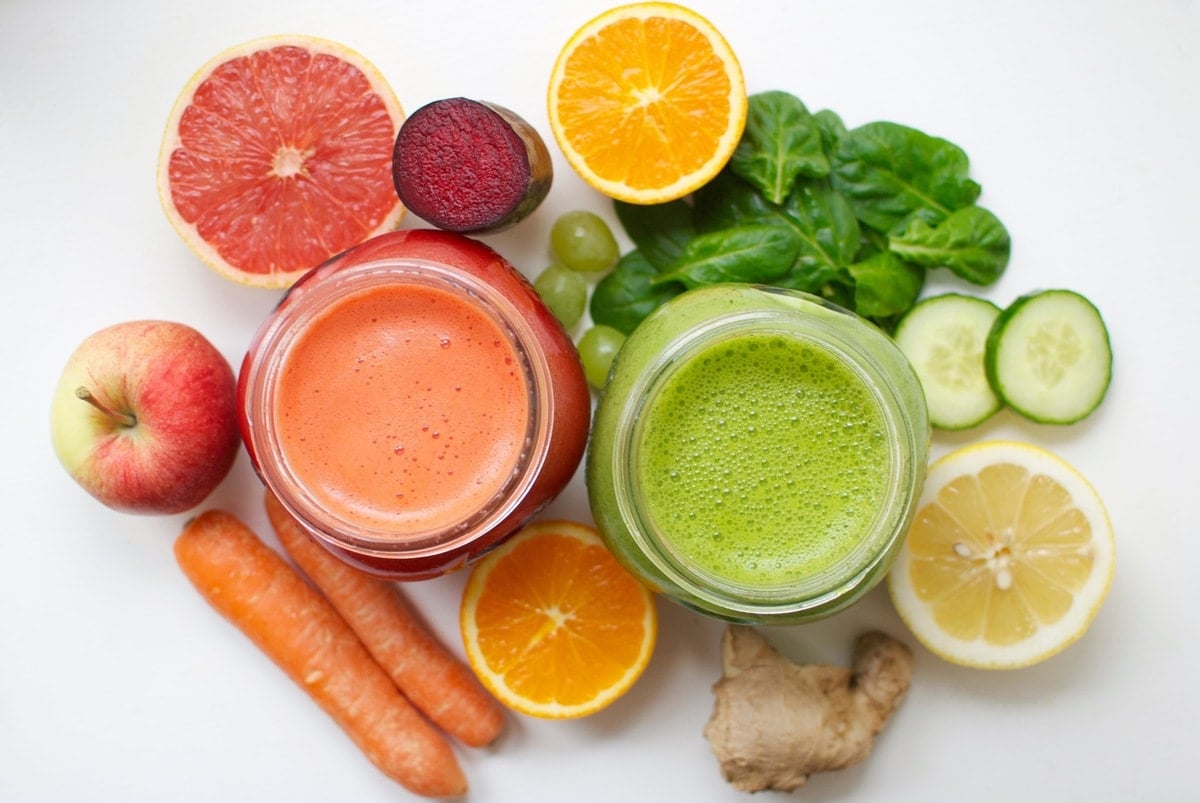
Overall, a liver detox can help you identify the best ingredients that can help you maintain a healthy liver. As long as you ingest these ingredients regularly, you can help prevent significant damage and ensure that your liver works as efficiently as possible.
Which Ingredients Help Clean and Protect the Liver?
Now that we have a realistic expectation of what a liver cleanse can and can't do, let's take a look at the various ingredients that can benefit the organ. By adding these foods to your detox regimen, you can yield some substantial results.
Cruciferous Vegetables
Broccoli, kale, spinach, and cauliflower are perfect examples of cruciferous, leafy green vegetables. If you're into juicing, you know that it's hard to extract juice from any of these foods. However, it's relatively easy to add them to smoothies and green juice drinks.
The reason these vegetables are helpful for your liver is that they promote glutathione production. Glutathione is a natural antioxidant produced by your liver. For the uninitiated, antioxidants are beneficial because they can prevent the oxidation of cells, which can lead to cancer. As you get older, your body produces less glutathione, meaning that you have to spur production with a healthy diet.
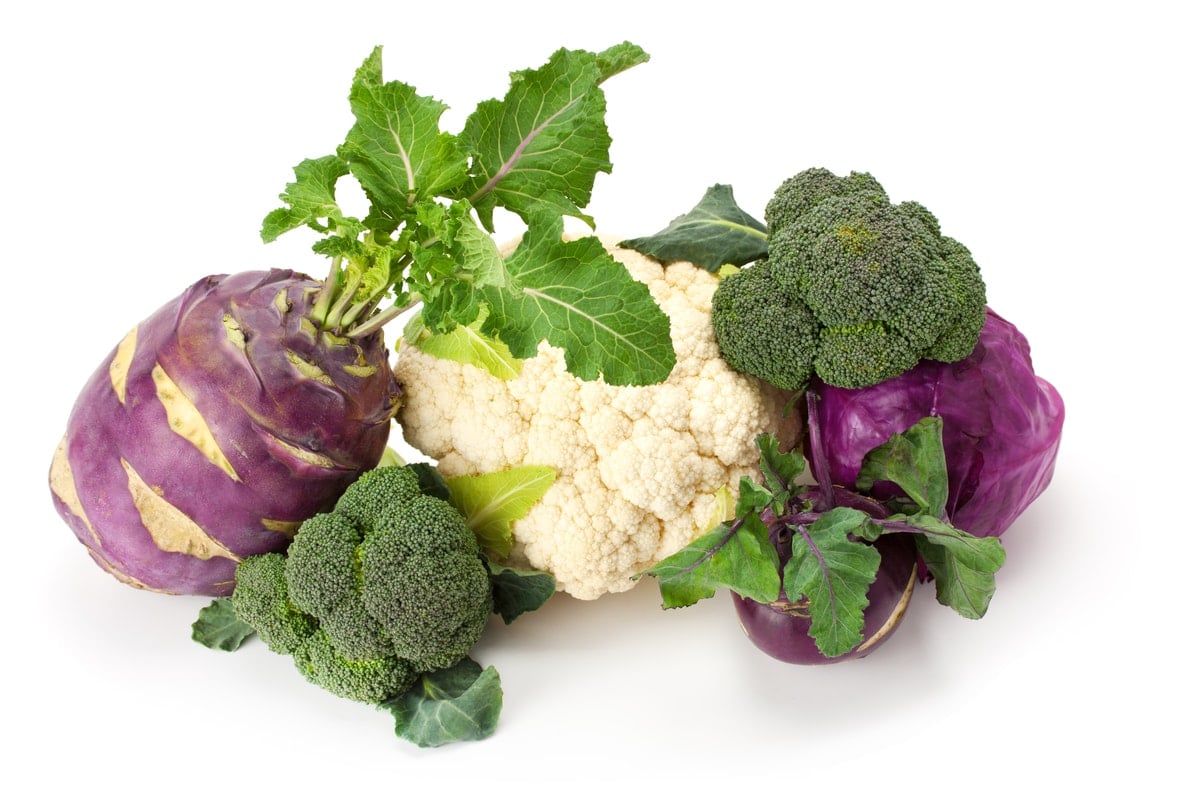
Allium Vegetables
This group of veggies includes onions, shallots, garlic, and leeks. The word allium is actually Latin for garlic, but it refers to an entire food group. As with cruciferous vegetables, these ingredients help promote glutathione production because of their relatively high sulfur content. Fortunately, onions and garlic are a bit easier to juice, although you need to be careful about how much you add to your beverage. Too much garlic and onion can make your juice pretty unpleasant, both for yourself and anyone you wind up talking to afterward.
Beets
Beet juice can benefit your body in multiple ways, including protecting your liver. The secret of beet's health potency is that it works as an antioxidant, meaning that it can prevent liver damage from free radicals. If you eat whole beets, you can also increase your fiber intake, which helps the liver work more efficiently.
As soluble and insoluble fiber move through your system, it accumulates fat and cholesterol and helps push them out of your digestive tract. So, the more fiber you consume (i.e., through beet juice), the less sludge that gets trapped in your liver and intestines.
Grapefruit
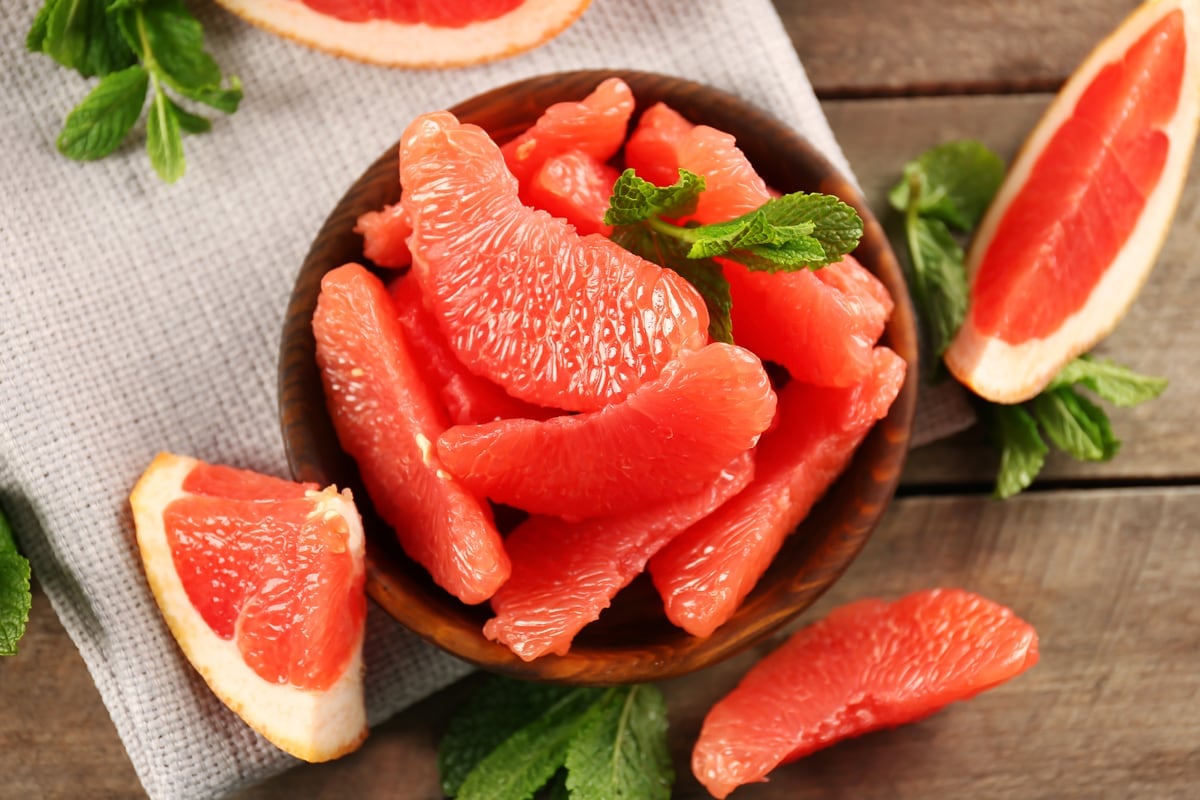
Finally, here is a fruit that's easy to juice and relatively tasty to drink. Grapefruits also contain antioxidants called naringin and naringenin. These ingredients not only prevent oxidative damage but can reduce inflammation. Liver inflammation can lead to long-term harm, so anti-inflammatory foods can have a profound impact on the organ.
Carrots
A carrot has a lot of beta-carotene and vitamin A, both of which can help your liver function properly. However, carrot juice does come with a small caveat - drink too much of it and you can actually damage your liver. A little beta-carotene is good for your system, but too much can overload your liver and lead to complications.
Blueberries and Cranberries
These berries are practically superfoods, thanks to their various health benefits. When it comes to liver cleansing and protection, both of these berries contain lots of antioxidants, flavonoids, and anthocyanins. Multiple studies have shown that consuming blueberries and cranberries can help protect the liver and slow the development of lesions. One study showed the effectiveness over 21 days (in mice), which further illustrates the limitations of a two or three-day cleanse.
Grapes
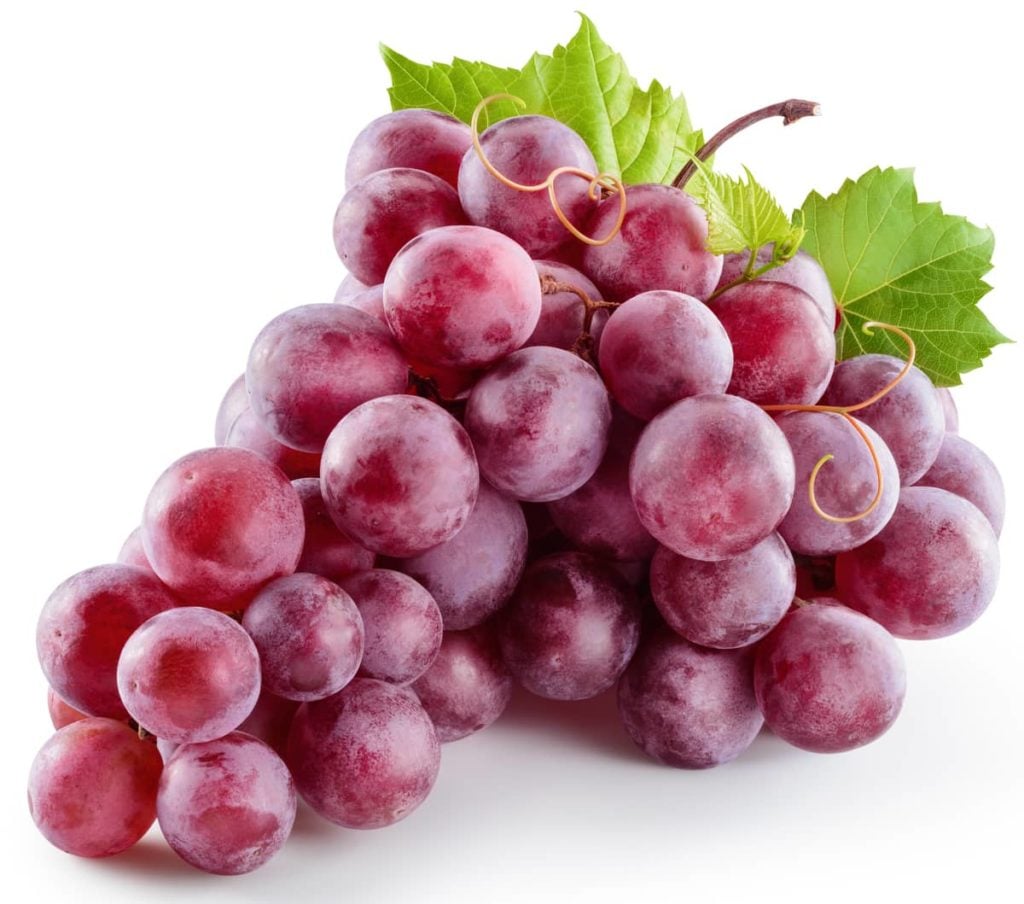
If you've heard that red wine can help improve heart health, the reason is that the beverage contains resveratrol. Resveratrol is a naturally occurring compound found in grapes, so you can get even better results by eating the grapes directly, rather than fermenting them and turning them into alcohol. That said, drinking wine is a bit more enjoyable, as long as you don't imbibe too much and put extra stress on the liver.
Overall, grapes can help reduce inflammation, increase antioxidant levels, and prevent ongoing liver damage. You want to use dark-colored grapes as they have more flavonoids and resveratrol than white or light-skinned varieties.
Apples
As we mentioned, dietary fiber can help flush fat and other toxins from your system. Apples have a lot of fiber, although much of that is lost during the juicing process. Still, apple juice contains some pectin, which helps the liver function more efficiently. If you drink apple juice (or eat a whole apple) before your cleanse, you can likely experience better results.
Citrus Fruits
Orange juice, lemon juice, and other citrus fruits can help your liver flush out various toxins more easily. As with apples, citrus fruits contain pectin (although much of it is in the peel). One study showed that citrus pectin helped reduce liver fibrosis in mice, illustrating how much the ingredient can protect your organ. Plus, it's always a good idea to add more vitamin C to your diet.
Cucumber
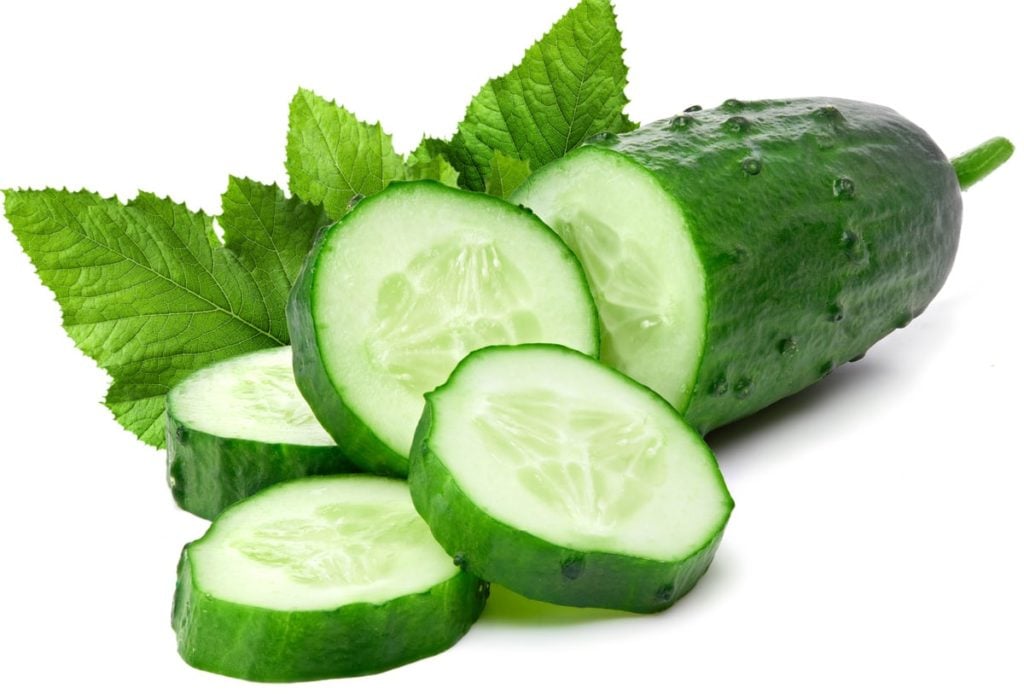
As with celery juice, cucumber juice is mostly water. However, the vegetable does contain some amino acids and enzymes, which are necessary for healthy liver function. Plus, it's really easy to juice a cucumber, meaning that you can use it as a base for your detox drink.
Milk Thistle
While a liver cleanse can't undo significant liver damage, adding some milk thistle to your beverage can help the organ regenerate itself a bit better. One study showed a net positive effect when individuals with cirrhosis consumed milk thistle. Over time, their liver function improved, suggesting that the ingredient helped repair damage. It's not clear if the results were long-lasting or if individuals have to keep taking milk thistle to see continued results.
Turmeric
This spice works well as an anti-inflammatory and antioxidant. As we've discussed, you can protect the liver by reducing inflammation and damage from free radicals, so adding a bit of turmeric to your juice cleanse can make it even more potent.
Ginger
Adding a bit of ginger root to your juice can provide significant inflammation relief, according to at least one study. Ginger is both tasty and easy to incorporate. However, the root does contain a lot of fiber, so try to add some of the pulp into your detox juice cleanse if possible.
Other Considerations Before Doing a Liver Cleanse
If you're ready to try a liver cleanse program, you need to be prepared. Here are some factors to consider before you begin:
- Blood Thinner Medication - If you're taking blood thinners (i.e., Warfarin), a cleanse can interfere with its effects. You might wind up putting more stress on your body, so consult your doctor first.
- Nausea and Fatigue - Cleanses can be an extreme shock to the system, so you want to prepare yourself before going all-in. Taper off the foods you eat regularly so that your body starts to adjust to a lower calorie intake.
- Time Frame - As we've mentioned, a two or three-day cleanse won't have any lasting effects. If you really want to detoxify your system and help your liver, you should consider long-term diets.
Sample Liver Cleansing Juice Recipe
Once you know the benefits and potential downsides of a liver detox, you can start creating your own liver cleanse juice. Here's a beet juice recipe to get that creativity flowing.
- ½ beet
- ½ cucumber
- 2 carrots
- 3 celery stalks
- 1 bunch of spinach
- ½ medium-sized lemon
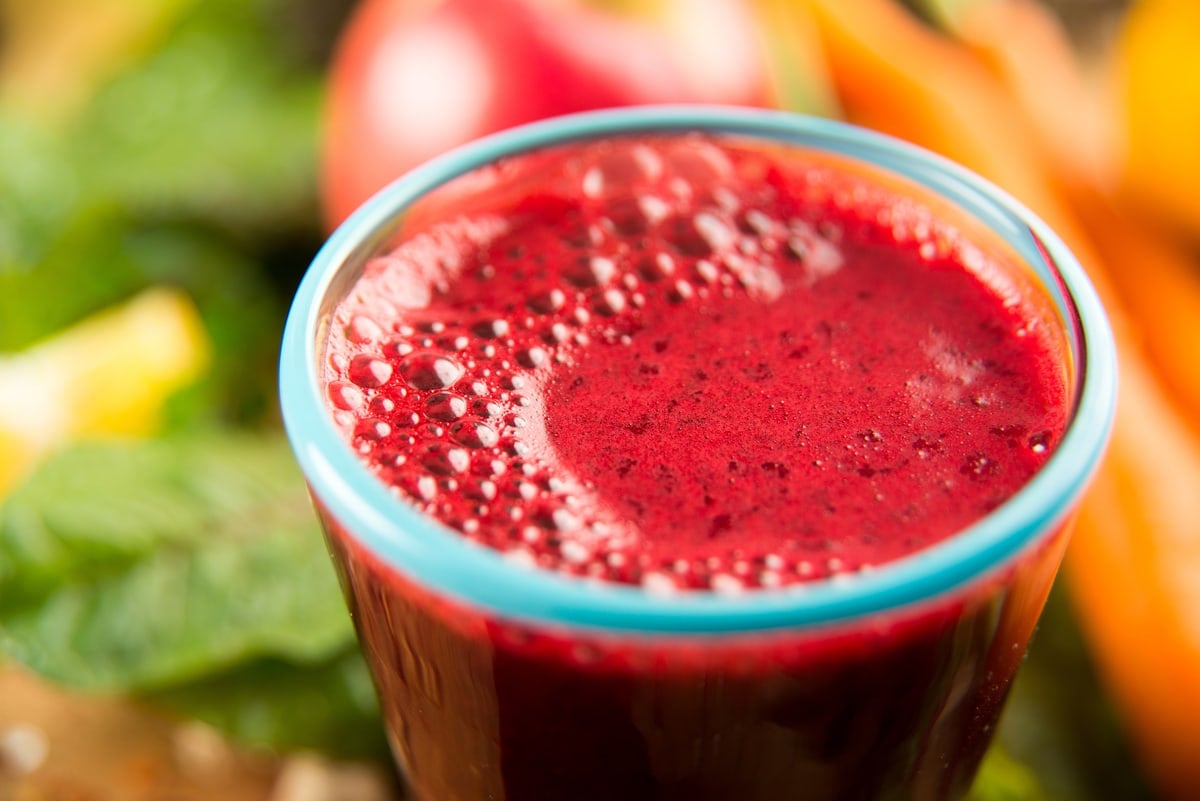
We recommend a masticating juicer for this liver cleansing juice recipe because these ingredients can be kind of hard to process with other juicer models. If necessary, you may try to make a liver detox smoothie instead, since it will take less time. When it comes to flavor, the beet juice will be pretty noticeable, but everything else will blend smoothly. The extra celery juice will also help keep you hydrated since the vegetable is mostly water.
When creating your own liver detox juice recipe, keep in mind flavors as well as health benefits. While fresh juice from sweet fruits like oranges or apples can be tasty, other vegetable juice isn't as pleasant. So, by adding more veggies to your detox juice recipe, you might struggle to drink the whole thing. One way to get around any flavor hiccups is to add a spoonful of sugar or simple syrup.
Or, you can find a few fruits that you really like and just add them to your detox drink. Not all the ingredients have to help with your liver health, so feel free to mix and match the foods you prefer the most. You can also find some smoothie recipe options since those will give you a bit more flexibility. For example, you can add olive oil, coconut oil, or Epsom salt more easily to a smoothie than you can with a liver cleanse juice.
Bottom Line: Keep Your Liver Working More Efficiently With a Cleanse
While a liver detox drink won't perform miracles, it can help your organ stay healthy and run more efficiently. You can also look for gallbladder cleanse recipes since that organ is what produces bile to help flush toxins from your system. In many cases, a gallbladder flush will be similar to a liver detox program, but it helps your body produce more bile.
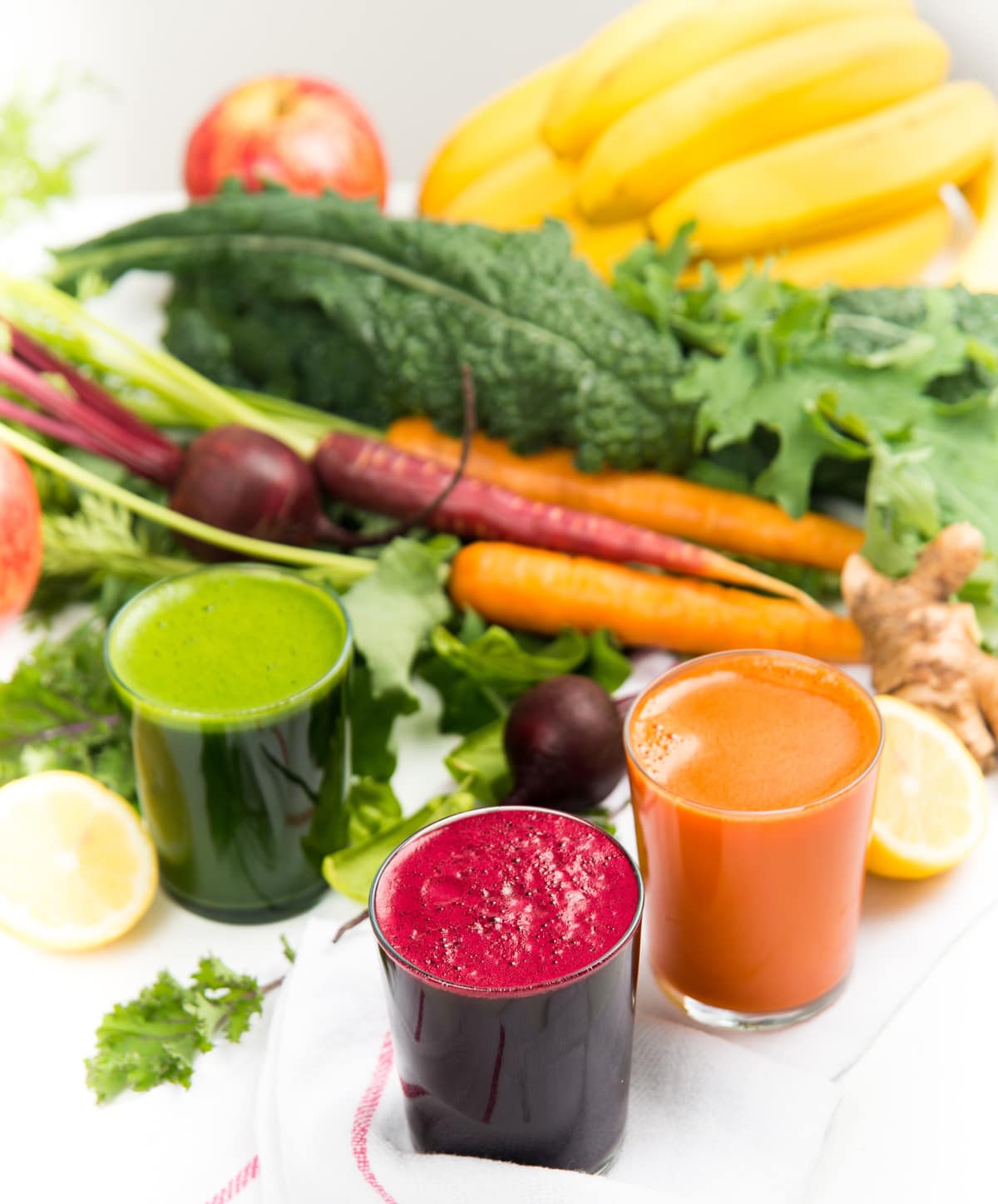
Sources:
https://www.webmd.com/digestive-disorders/picture-of-the-liver
https://www.ncbi.nlm.nih.gov/pmc/articles/PMC4684116/
https://pubmed.ncbi.nlm.nih.gov/26377694/
https://pubmed.ncbi.nlm.nih.gov/20382588/
https://pubmed.ncbi.nlm.nih.gov/22521486/
https://pubmed.ncbi.nlm.nih.gov/27056637/
https://pubmed.ncbi.nlm.nih.gov/27010252/
https://www.ncbi.nlm.nih.gov/books/NBK11896/

Leave a Reply